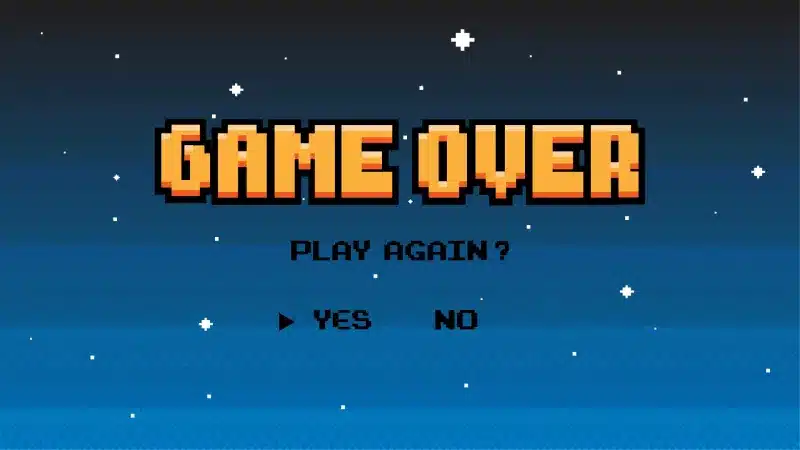Why do esports careers burn bright and fast?

In most sports, athletes often dream of long, flourishing careers. They’d peak in their late twenties or early thirties and retire with legacies. However, in esports, that door tends to close sooner than most expect.
More and more pro gamers are stepping down before their mid-twenties. For non-esports people, it’s quite strange. Why would you walk away from global fans, rising fame, and what seems like a thriving future?
An esports gamer’s career length
Esports careers are often short. Most pro gamers last four to five years on average, depending on the game and their physical and mental health. The length might feel cut short, but in the industry, it’s quite the norm.
Esports players reach their prime between 18 and 22. Reflexes, decision-making, and sharp mechanics all play a part in-game—sadly, they’re also the first skills to fade. Science shows that a gamer’s reaction time drops off at around 24 years old.
To stay at the top, players must adapt constantly. They face constant shifts in game balance, patch updates, and pressure from both teams and fans. This makes long-term consistency tough. Some known names who left the scene early are:
- Martin ‘MrSavage’ Foss Andersen retired from Fortnite Competitive at 20
- Benjy ‘benjyfishy’ Fish retired from Fortnite at 18, then moved to VALORANT
- Anthony ‘vanity’ Malaspina retired from CS: GO at 23 and from VALORANT at 27
When do esports players go professional, though?
With such short careers, it’s only fair to ask when these gamers start. Most pros start their esports careers between 12 and 14. Streaming and online tournaments often expose their potential.
By 16 or 17, many are scouted by teams and win big online. Some would juggle school and training, while others drop out to focus on gaming full-time. This means that by age 22 or 23, they’ve already lived half a decade in a high-pressure, high-stakes environment.
Why do esports gamers retire at a young age?
It's easy to assume that players lose interest and that after years of grinding the same game, they're bound to get bored. However, most don't leave because they fall out of love with the game. Instead, they leave as the cost of staying becomes too high.
Behind the fun and fame of esports is a long list of silent battles: physical strain, mental burnout, fatigue, and financial stress. Unlike football or cricket pros, these challenges hit gamers early on—often with little to no warning.
Here's the point, though: a short career doesn't mean wasted talent. It only reflects the intensity of the path. Instead of framing early exits as failures, maybe it's time to see them as a fresh start.
So, is esports a career worth considering?
Yes, esports is still a career worth chasing—especially if it’s your passion. Not every path needs to be lifelong to be meaningful. What matters is the impact you leave while you’re at your peak.
This also calls for people to stop measuring success based on how long a gamer played. In the end, legacy isn’t measured by how long they stayed but by how much they changed the game.
Leave a Reply